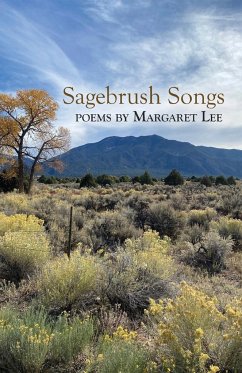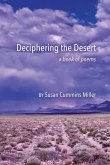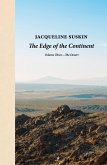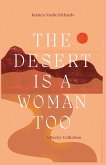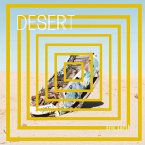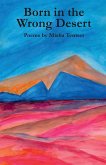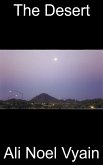Sagebrush Songs arises from the northern New Mexico landscape, remote and unique. The headwaters of the Rio Grande and one of its major tributaries, the Rio Chama, originate in the southern Rocky Mountains. A high desert plateau stretches between the Tusas and Sangre de Christo ranges in this mountain system. The Rio Grande rift, a major continental rift zone, runs through the plateau. As a transitional zone between alpine forests and shortgrass prairie, the sagebrush mesa supports diverse animal and plant communities. A scenic roadway around Wheeler Peak, the highest point in New Mexico, defines the Enchanted Circle a few miles north of the Taos Pueblo. Pueblo Peak, popularly known as Taos Mountain, is revered because the Taos Pueblo's water supply originates there, and because of the mountain's striking contour in the Sangre de Christo range. The ancient Chinese understanding of Tao sees mountains and rivers as expressions of yin and yang, the energies that animate fundamental creative material. Tao, or "the Way," contemplates mountains and rivers in terms of processes that continually generate and regenerate all things as they emerge from and recede into empty absence. Classical Chinese poetry meditates on such landscape features and their empty spaces. Learning to be present in northern New Mexico enables me to understand why this is so. Sagebrush Songs is my meditation on its mountains and rivers as manifestations of the Way of all things.
Hinweis: Dieser Artikel kann nur an eine deutsche Lieferadresse ausgeliefert werden.
Hinweis: Dieser Artikel kann nur an eine deutsche Lieferadresse ausgeliefert werden.

